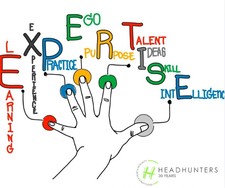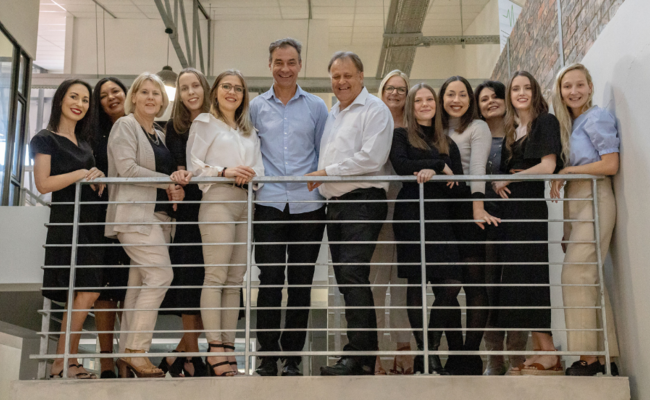Soft Skills to Succeed in Today’s Workplace: Elevate Your Career Beyond Technical Expertise
In today’s fast-paced and ever-evolving workplace, technical skills alone are no longer enough to stand out or drive long-term success. As industries continue to prioritize adaptability, innovation, and collaboration, soft skills—such as effective communication, adaptability, and teamwork—have become essential for career growth and fulfillment. These skills enhance not only how you work but also how you connect and collaborate with others, creating a well-rounded professional profile that can handle a wide range of challenges and opportunities.
1. Communication: The Foundation of All Interactions
Good communication skills are at the core of a productive work environment. Whether it’s presenting ideas, giving or receiving feedback, or simply engaging in day-to-day interactions, clear and effective communication can prevent misunderstandings and strengthen team relationships.
Ways to improve:
Practice active listening; pay attention to others without interrupting.
Focus on clear and concise messaging, especially in written communication.
Tailor your communication style based on your audience—be it a team, client, or supervisor.
#CommunicationSkills #WorkplaceSuccess #ActiveListening
2. Adaptability: Navigating Change with Ease
In a world where change is constant, adaptability has become one of the most valuable skills a professional can possess. Being adaptable means being able to handle unexpected changes, learn new skills on the go, and remain positive in the face of uncertainty. Employers highly value employees who can pivot quickly and keep projects on track despite changes.
Ways to improve:
Embrace new challenges and view them as learning opportunities.
Keep an open mind about feedback and constructive criticism.
Be proactive about staying updated with industry trends and skills.
#Adaptability #GrowthMindset #CareerDevelopment
3. Teamwork: Building Strong Connections and Collaboration
While individual talent is important, the ability to work well within a team is critical. Successful collaboration can lead to more creative problem-solving, quicker project completion, and a positive work culture. Effective teamwork goes beyond just getting along—it involves leveraging each person’s strengths and working towards shared goals.
Ways to improve:
Encourage open communication and be respectful of others’ opinions.
Recognize and appreciate the unique strengths each team member brings.
Take accountability for your contributions and be supportive in reaching team goals.
#Teamwork #Collaboration #WorkTogether #TeamSuccess
4. Emotional Intelligence: Understanding Yourself and Others
Emotional intelligence (EI) is the ability to understand and manage your own emotions while empathizing with others. High EI allows you to navigate workplace dynamics more effectively, manage stress better, and maintain healthy professional relationships.
Ways to improve:
Be mindful of your reactions and emotions, especially during high-pressure situations.
Practice empathy; put yourself in others’ shoes to better understand their perspective.
Work on managing your stress levels through healthy practices like mindfulness or exercise.
#EmotionalIntelligence #Empathy #WorkplaceRelationships
5. Problem-Solving: Finding Solutions in Complex Situations
Problem-solving skills empower you to tackle challenges effectively and independently, which is a significant asset in any role. Employers look for individuals who can think critically, weigh options, and make informed decisions, especially under pressure.
Ways to improve:
Approach problems with a structured framework to identify root causes and possible solutions.
Take time to evaluate options rather than jumping to conclusions.
Learn from past challenges and apply those lessons to future situations.
#ProblemSolving #CriticalThinking #InnovativeThinking
Why Soft Skills Matter as Much as Technical Skills
Technical expertise is crucial for job performance, but it’s soft skills that enable professionals to thrive and grow. In many cases, these skills are what differentiate top performers from the rest. With the ability to communicate effectively, adapt to change, work within a team, and solve problems efficiently, employees become indispensable to their organizations. Developing soft skills is an ongoing journey and can elevate your career to new heights.
Incorporating these soft skills into your daily work life will not only improve your job performance but also make you a more adaptable, empathetic, and resilient professional.






